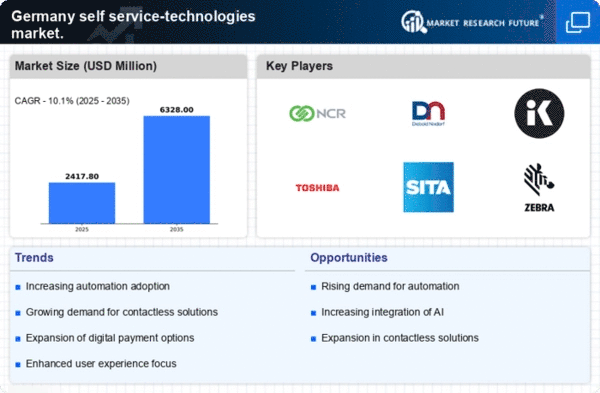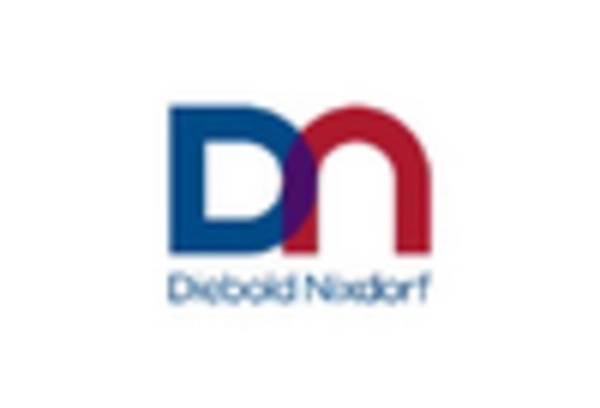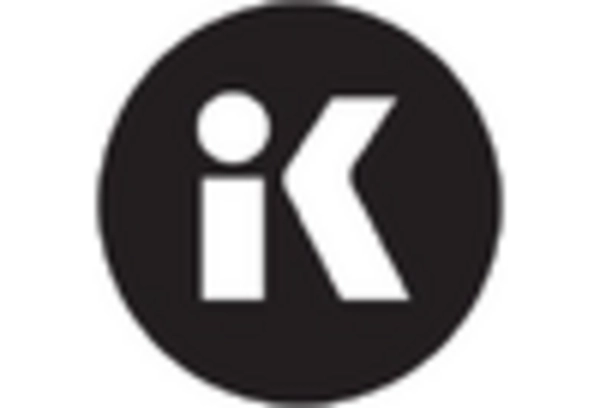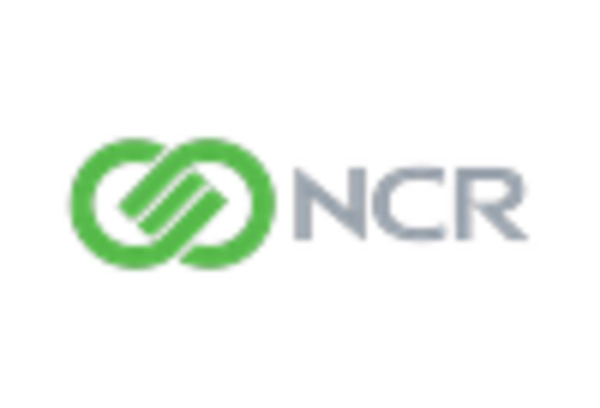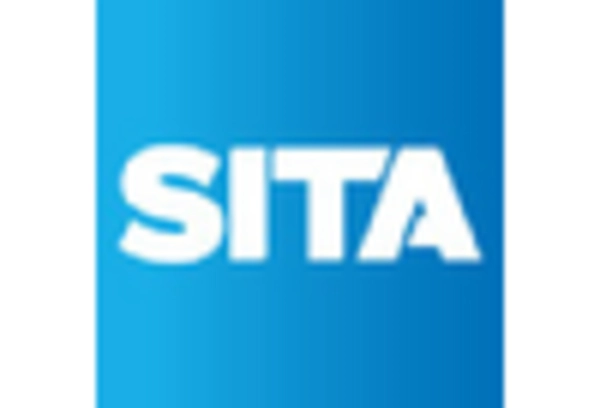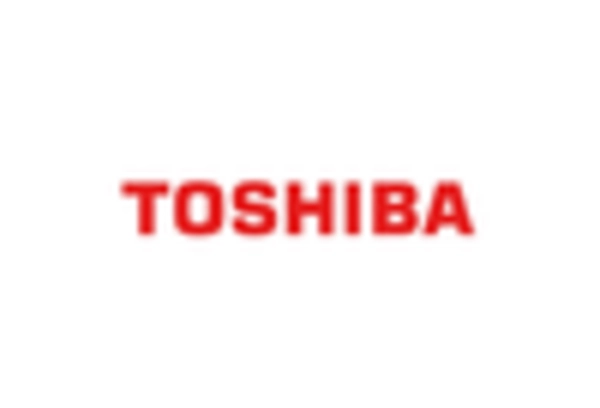Increased Focus on Data Security
In the context of the self service-technologies market in Germany, data security has emerged as a critical driver. With the rise of digital transactions and self-service solutions, concerns regarding data privacy and security have intensified. Consumers are increasingly aware of the risks associated with sharing personal information, prompting businesses to prioritize robust security measures. According to recent surveys, over 70% of German consumers express concerns about data breaches when using self-service technologies. As a result, companies are investing in advanced encryption and security protocols to build trust and ensure compliance with stringent regulations. This heightened focus on data security is likely to influence the self service-technologies market, as businesses strive to create secure environments for their customers.
Shift Towards Sustainable Practices
The self service-technologies market in Germany is witnessing a shift towards sustainable practices, driven by increasing environmental awareness among consumers and businesses alike. Companies are increasingly adopting eco-friendly technologies and practices to align with consumer expectations for sustainability. For example, the use of energy-efficient kiosks and recyclable materials in self-service solutions is becoming more prevalent. Recent studies indicate that approximately 55% of German consumers prefer brands that demonstrate a commitment to sustainability. This trend is likely to influence the self service-technologies market, as businesses seek to differentiate themselves by integrating sustainable practices into their operations. As a result, the market may see a rise in innovative solutions that not only enhance user experience but also contribute to environmental conservation.
Rising Consumer Demand for Convenience
The self service-technologies market in Germany is experiencing a notable surge in consumer demand for convenience. As lifestyles become increasingly fast-paced, individuals seek solutions that minimize time spent on routine tasks. This trend is reflected in the growing adoption of self-service kiosks and automated checkout systems across various sectors, including retail and hospitality. According to recent data, approximately 60% of consumers in Germany express a preference for self-service options, indicating a shift in expectations. This demand is likely to drive innovation within the self service-technologies market, as businesses strive to enhance user experiences and streamline operations. Consequently, companies are investing in advanced technologies to meet these evolving consumer preferences, thereby fostering growth in the self service-technologies market.
Technological Advancements in Automation
Technological advancements play a pivotal role in shaping the self service-technologies market in Germany. Innovations in automation, such as artificial intelligence and machine learning, are enhancing the capabilities of self-service solutions. For instance, the integration of AI-driven chatbots in customer service applications is becoming increasingly prevalent, allowing businesses to provide 24/7 support without human intervention. This shift not only improves efficiency but also reduces operational costs. Recent statistics indicate that the automation of customer interactions could lead to a potential reduction in service costs by up to 30% for businesses. As these technologies continue to evolve, they are expected to further transform the self service-technologies market, enabling more sophisticated and user-friendly solutions.
Government Initiatives Supporting Digital Transformation
Government initiatives aimed at promoting digital transformation are significantly impacting the self service-technologies market in Germany. The German government has launched various programs to encourage the adoption of digital solutions across industries, including funding for technology startups and incentives for businesses to implement self-service systems. These initiatives are designed to enhance efficiency and competitiveness in the market. For instance, the Digital Strategy 2025 outlines plans to invest €10 billion in digital infrastructure, which is expected to facilitate the growth of self service-technologies. As these government efforts continue to unfold, they are likely to create a favorable environment for innovation and expansion within the self service-technologies market.


